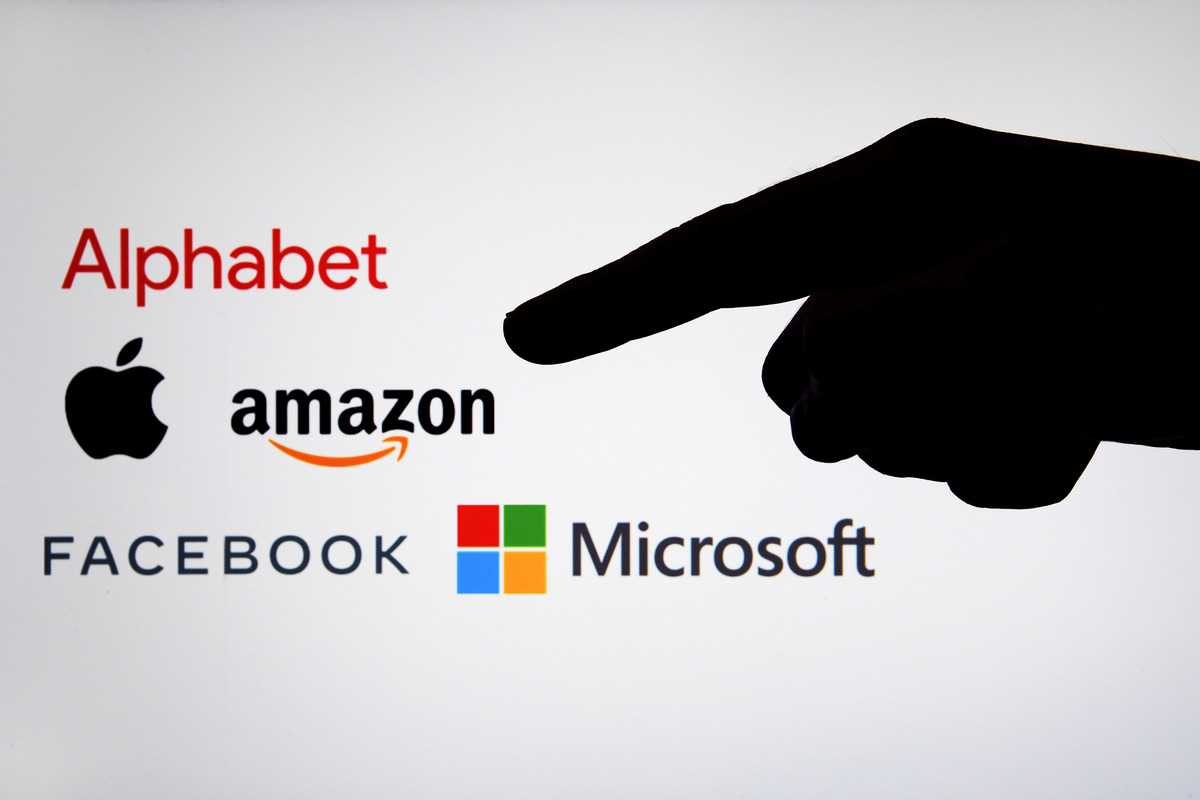The EU’s legislative authority reached an agreement, “targeting” big tech companies in the context of restricting the antitrust practices in the digital economy, according to Financial Times.
The political parties in the European Parliament have agreed on the enforcement of a law concerning companies with a market capitalisation of at least 80 billion euros, which offer at least one internet service, such as an online search.
The rules will integrate more companies surpassing the European Union’s initial estimates of digital markets (DMA), the newspaper said, while the EU plans to implement the relevant legislation in 2022.
The DMA plan, which was first proposed by the head of the EU Competition Commission, Margrethe Vestager last year, aims to limit the powers of big tech companies by imposing on them a series of new rules and bans. The move will also help national competition authorities control acquisitions of smaller rivals by tech companies, amid fears that they are acquiring competitors in the most “economical” way, based on what has been written in by the FT.
Indicatively, among the companies that fall within its scope are Alphabet’s Google, Amazon, Apple, Facebook and Microsoft, along with the Chinese Alibaba and the Dutch Booking.
The US government had expressed concerns that the updated regulations would be to the detriment of US companies. EU representatives agreed last week that the European Commission will be the sole enforcer of the new technological rules.
EU ministers are expected to formally ratify the agreement on 25 November, as part of the bloc’s common position ahead of negotiations with EU lawmakers and the Commission on the regulatory plan known as the DMA before it becomes law.


